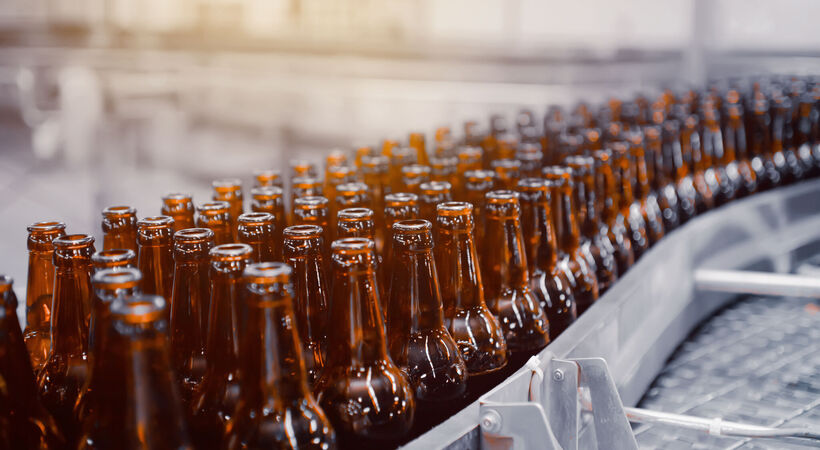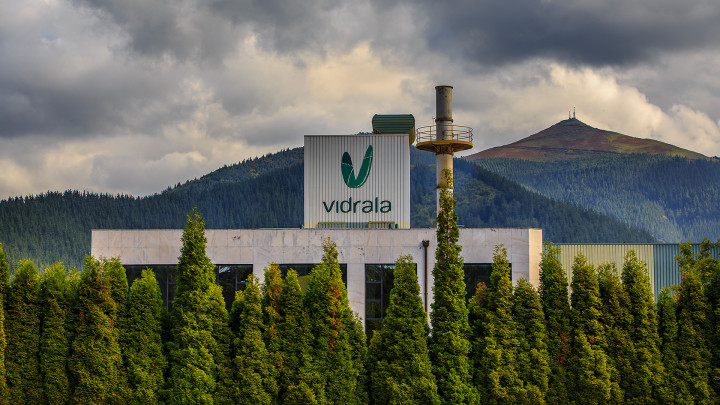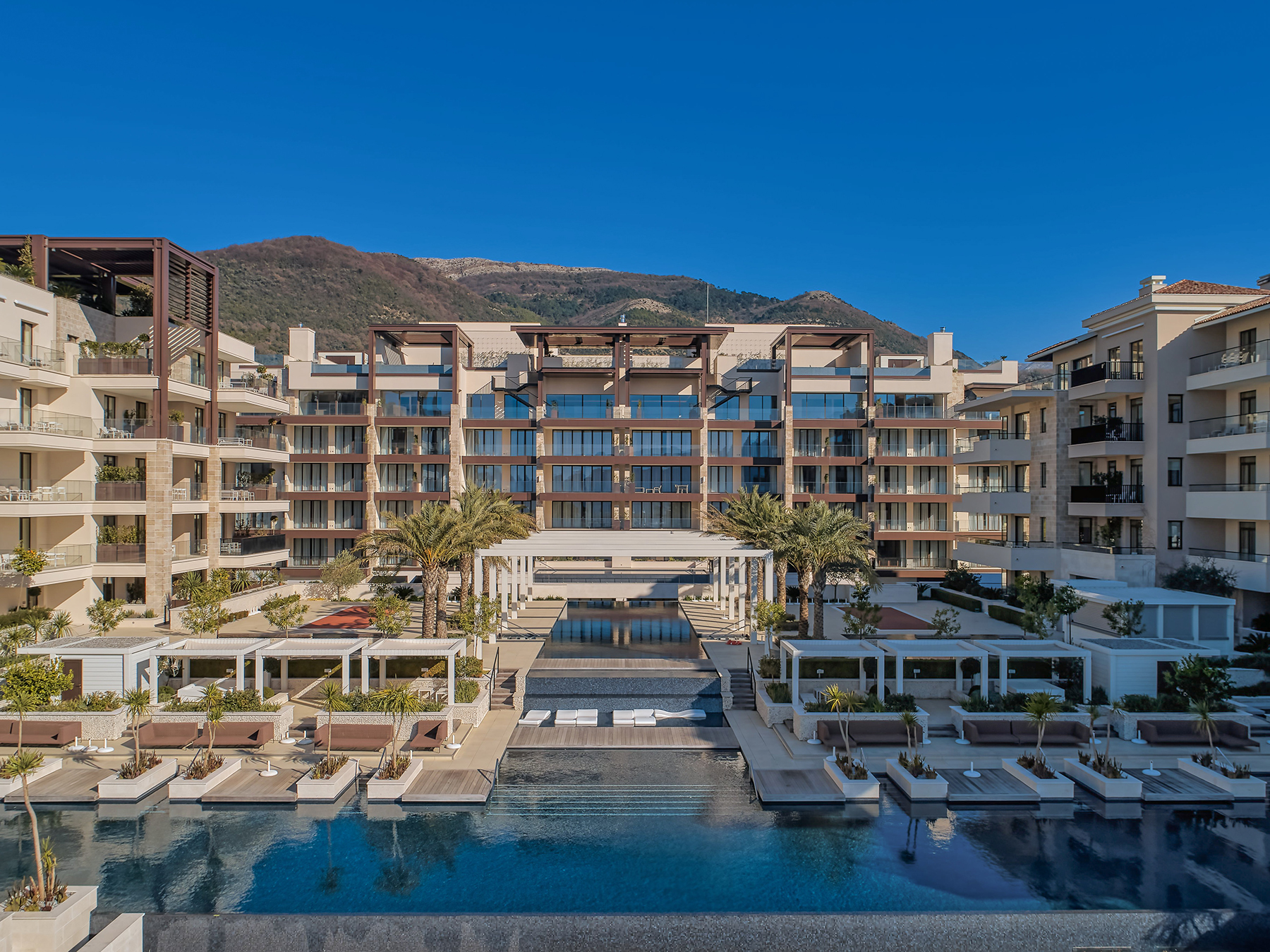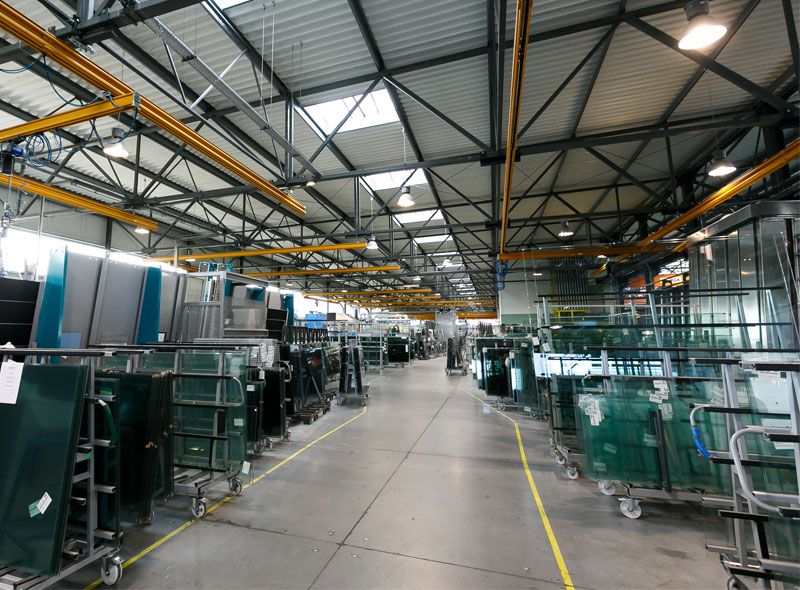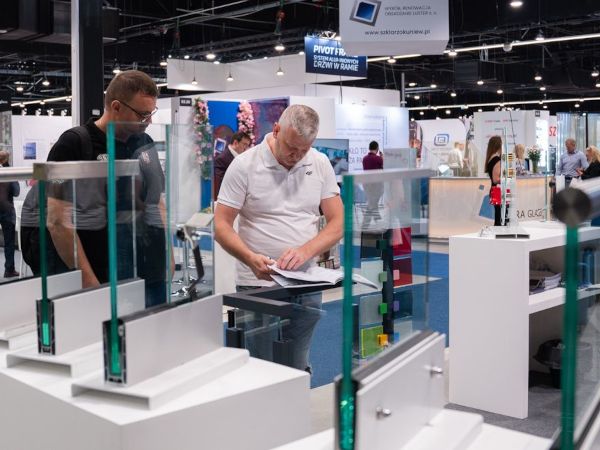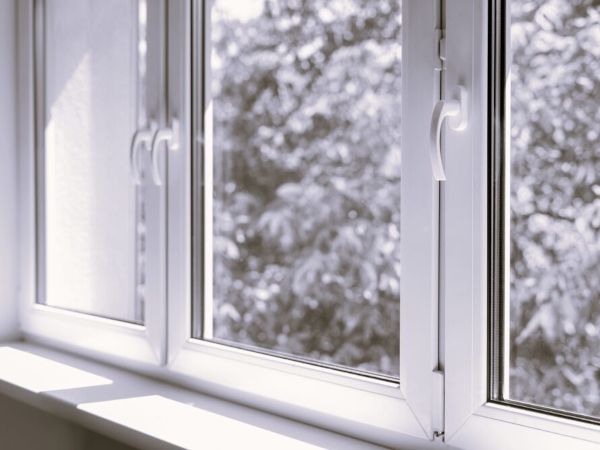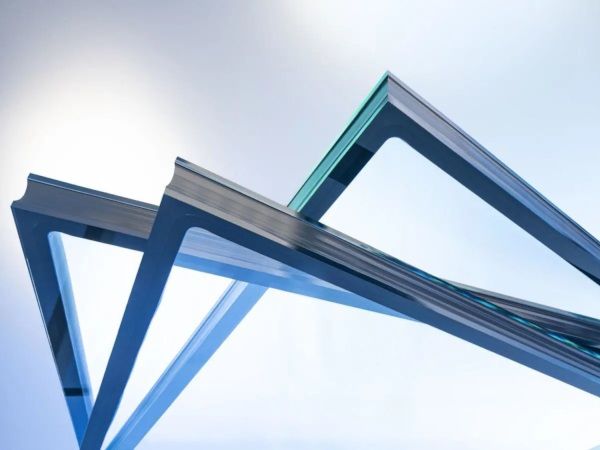The UK Government’s revision of Extended Producer Responsibility (EPR) base fees has prompted a flurry of responses from key players in the glass packaging sector. For 2025–2026, glass packaging fees have been reduced to £192 per tonne, translating to around 3.8p for a 330ml beer bottle and 3.6p for a jam jar. While this marks a slight financial reprieve, industry leaders argue it barely scratches the surface of deeper systemic flaws.
O-I Glass: Warning Against Disproportionate Burdens
Jim Rankine, Managing Director of O-I Glass UK Country Group, cautiously welcomed the move, calling it a “step in the right direction.” However, he stressed that the weight-based fee model unfairly penalises glass over lighter alternatives like plastic. He warned of unintended consequences: material switching, rising prices, and a setback for UK-based glass manufacturers striving for sustainability.
Encirc: Pause Before Harm is Done
Echoing these sentiments, Encirc urged the government to reconsider. A company spokesperson warned that the scheme’s current structure fails to reflect glass’s superior sustainability and unfairly burdens producers because of the material’s natural density. “Ministers must continue dialogue,” they urged, before EPR penalises an industry critical to the UK’s circular economy.
British Glass Director Nick Kirk voiced disappointment, highlighting a key disparity, glass makes up just 5% of packaging by volume but is expected to shoulder nearly a third of total EPR costs. Meanwhile, alternative packaging in Deposit Return Schemes faces no fees until 2027, skewing the playing field further.
The industry’s message is clear: EPR must evolve,not just to redistribute fees, but to recognise glass as a cornerstone of circularity and climate resilience.
Source: British Glass with additional information added by Glass Balkan
